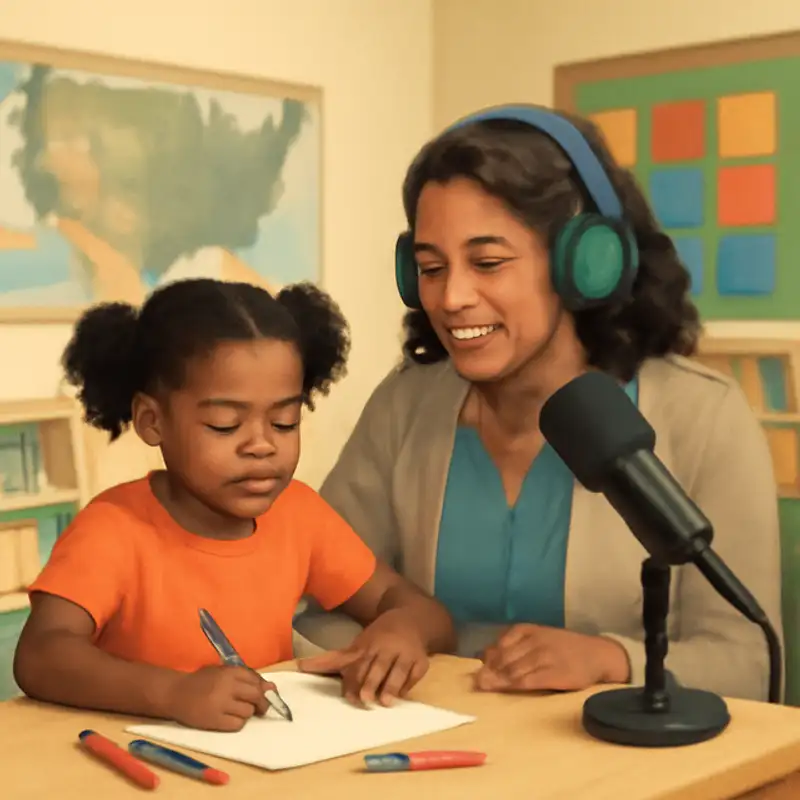 Episode
Episode
· 01:30
Today, we’re looking at how Oklahoma created one of the nation’s most successful universal pre-K programs. Launched in 1998, the state used a dedicated one-cent sales-tax increase to fund high-quality early education for every four-year-old. It wasn’t intended as free child care, but “early education,” in the words of former Congressman Tom Cole. Providers—public schools, community centers, even Head Start—must meet strict standards: teachers hold bachelor’s degrees, are state-licensed, and earn salaries on par with K-12 educators. Classrooms operate five hours a day, five days a week, so families can balance work and child care.
From just 10,000 students in its first year, Oklahoma pre-K now serves over 70,000 children annually. Research shows participants start kindergarten 21 percent ahead in literacy and skills, with long-term gains in graduation rates and earnings. As policymakers debate expanding pre-K nationwide, Oklahoma offers a blueprint: stable funding, high quality, and bipartisan support make universal preschool work.
Link to Article
Listen to jawbreaker.io using one of many popular podcasting apps or directories.